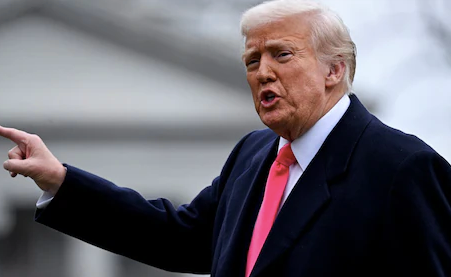
The NATO summit in The Hague, Netherlands, commenced with world leaders addressing critical security concerns, particularly the recent U.S. strikes on Iran’s nuclear facilities.
Key Highlights of the Summit
- President Donald Trump emphasized the importance of mutual defense among NATO allies upon his arrival in Amsterdam prior to the summit.
- U.S. military strikes targeted crucial Iranian nuclear sites, which Pentagon and intelligence assessments reveal have only delayed Iran’s nuclear program by a few months.
- Israeli Prime Minister Benjamin Netanyahu asserted that these strikes have effectively ruined Iran’s nuclear ambitions, claiming Iran will never acquire a nuclear weapon.
- The U.S. White House denied leaked reports that questioned the overall effectiveness of the airstrikes.
- Following a fragile ceasefire between Israel and Iran after weeks of conflict, regional tensions remain elevated.
- President Trump opposed regime change in Iran, warning it would cause chaos in the region.
- In a surprising move, Trump encouraged China to keep purchasing oil from Iran, which raised international concerns.
Challenges and Objectives
The NATO leaders are confronted with the challenge of maintaining unity in their defenses amidst these volatile international tensions. Secretary-General Mark Rutte reaffirmed the U.S. commitment to NATO’s mutual defense pact and sought to strengthen solidarity among the allies.
The summit’s agenda is expected to include discussions on:
- Increasing defense spending to counter emerging global threats.
- Enhancing cooperation and coordination among member states.
- Addressing security issues related to the situation in Iran and the broader Middle East.
For ongoing developments on this critical international security matter, stay tuned to Questiqa World News.


